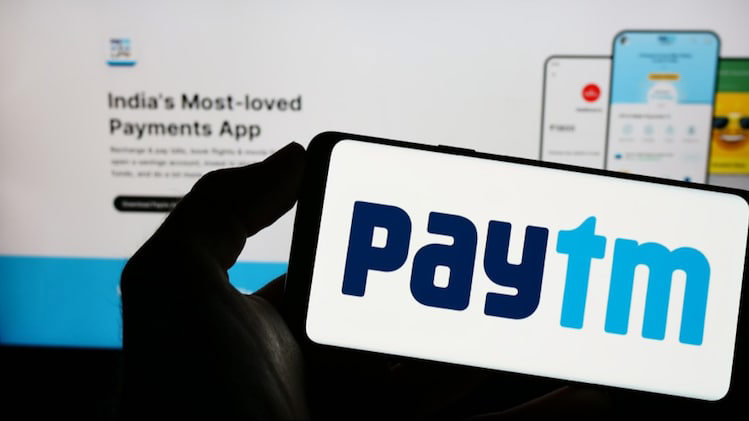Paytm, an Indian fintech, continues to face challenges. The company, which is still dealing with a regulatory crackdown that has severely reduced activity at its payments bank affiliate, revealed on Friday that its revenue fell by 36% and its loss more than doubled in the first quarter.

Previously the brightest light in India’s startup scene, Paytm saw a decline in sales to $179.5 million from $280 million in the first quarter that concluded in June, along with a $100 million increase in losses.
In the first quarter of last year, Paytm lost $42 million, and in the fourth quarter, they lost $65.8 million.
The Reserve Bank of India (RBI) ordered the business to stop most operations at Paytm Payments Bank, a subsidiary that handled a large portion of the company’s reliance on mobile payments, earlier this year. This decision directly led to the fall in revenues. This is the first quarter that Paytm’s business is seeing the full effects of the RBI crackdown.
Citing “persistent non-compliance” with regulations, the Indian central bank prohibited Paytm’s Payments Bank from providing numerous banking services, including taking new deposits and credit transactions across its services.
As a result of the shift, Paytm has to join forces with more Indian banks in order to continue offering some of its core services.
Paytm’s shares fell as much as 4.4% at first, but they have since rebounded and are up 2.2%, indicating that investors may have already factored in the impact. Paytm had issued a warning about the previous quarter’s revenue drop.

In India, Paytm spearheaded the push for mobile payments by enticing hundreds of millions of users to use its wallet app and facilitating many of them in completing their first-ever online transaction. But lately, the company’s finances have taken a hit because of heightened competition from Walmart-funded PhonePe and Google Pay.
PhonePe and Google Pay handle more than 86% of all transactions on UPI, the government-backed interoperable payments network. In India, UPI has become the most popular online payment system, processing more than 11 billion transactions a year.. The rise in popularity of UPI has negatively impacted the viability of wallet companies and the dependence of customers on Visa and Mastercard card networks.
Paytm, a company that mostly depends on providing merchants with services, including credit, stated that a portion of its business is rebounding and “demonstrating our path to recovery.”
“This also indicates the continued confidence of our merchant partners and consumers on our platform, and we are grateful for the trust of our stakeholders,” a company spokeswoman said in a statement.
Source Credit : Techcrucnh.com

